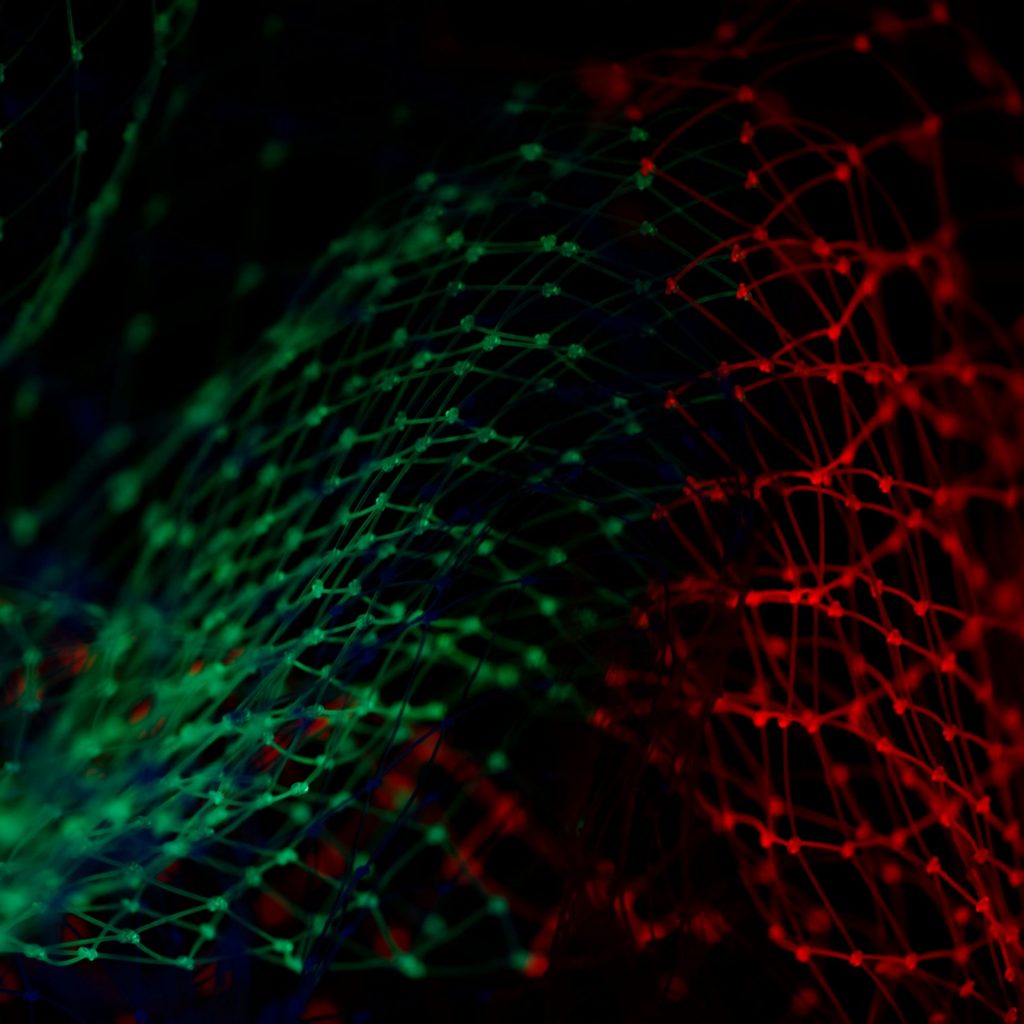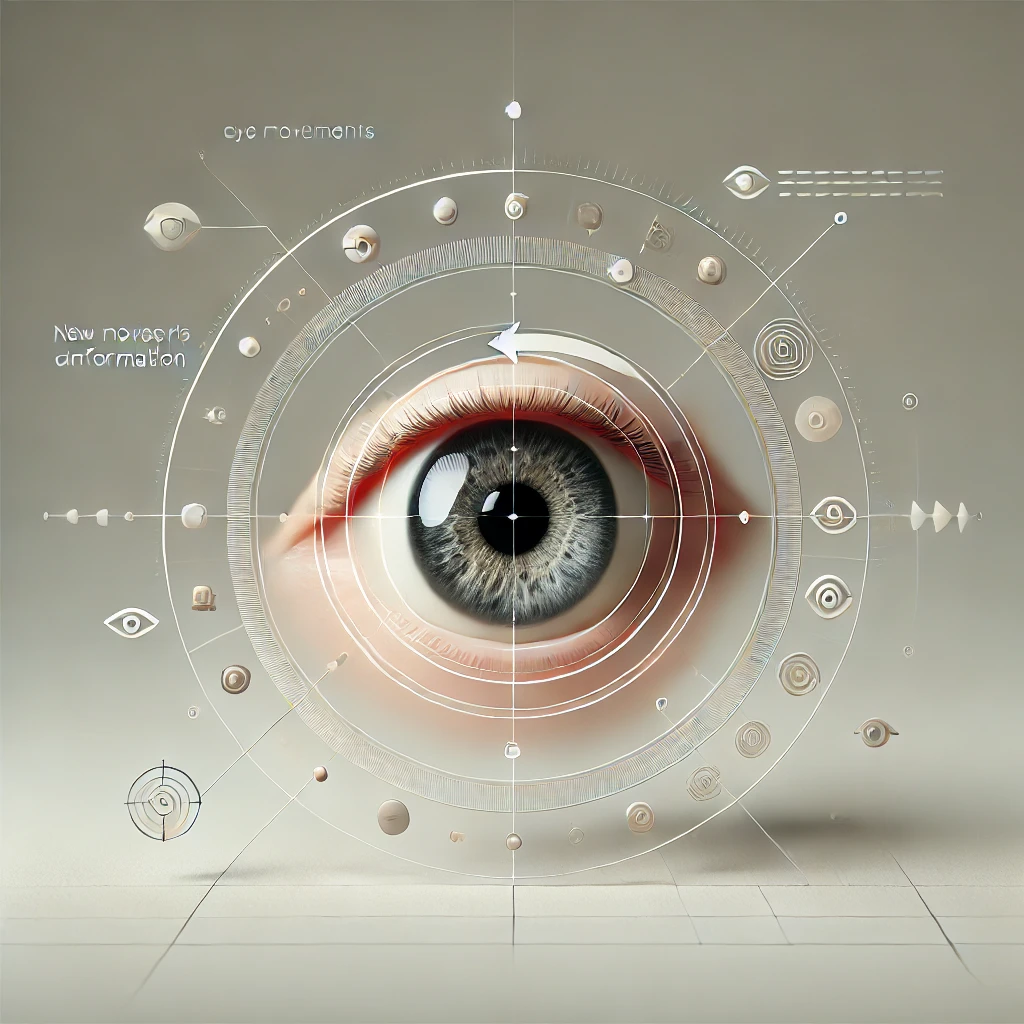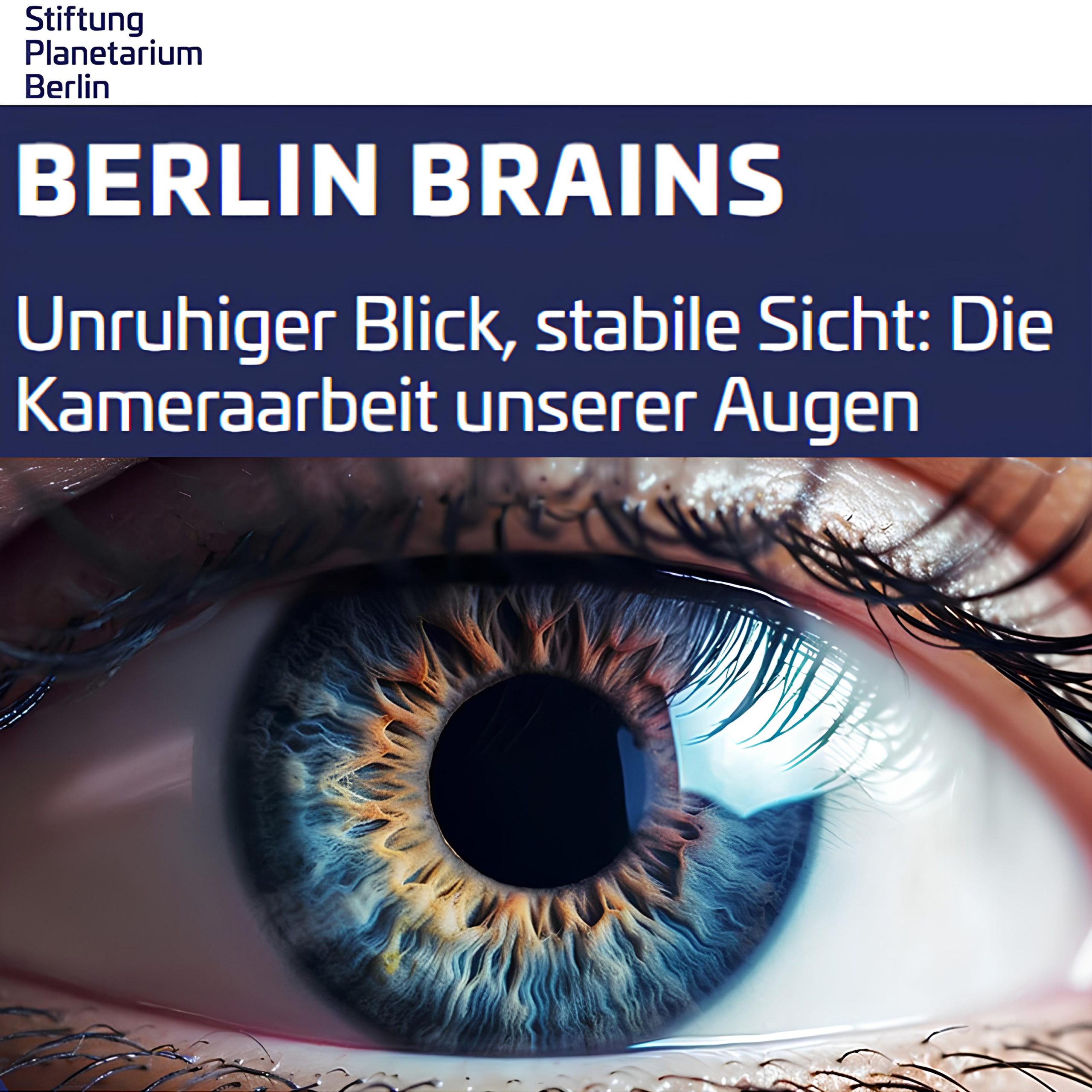
Brian Scholl (Yale University), “Visual Intelligence: On the Unexpected Sophistication of Perception “
MAR 2.057It is natural to think of vision as relatively primitive, compared to the richness of higher-level cognition. But recent work has revealed how perception is unexpectedly sophisticated along several related dimensions. First, recent work suggests that visual processing spontaneously extracts not only simple features such as color, shape, and motion, but also properties more associated















